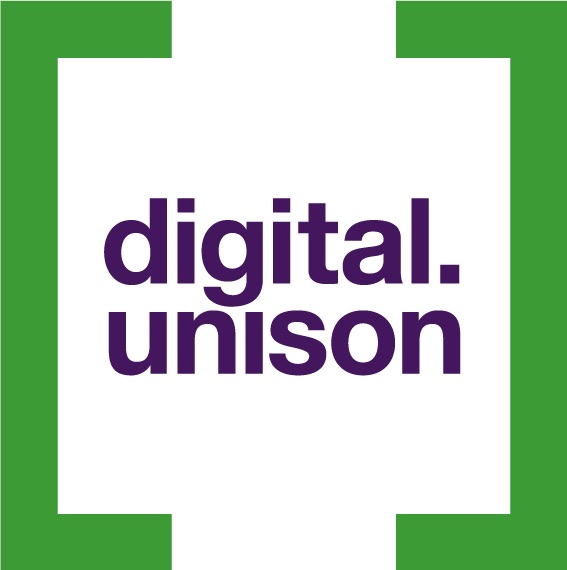The digital.unison programme is built around a set of core principles for how it will work with staff, branches and partners – and how it will approach projects.
This allows us to be more flexible and agile than trying to set rules in a fast-changing environment.
- 1. We will amplify our many voices, not just the few
- 2. We will be led by member demand, not what we currently supply
- 3. We will work in a spirit of collaboration, not control
- 4. We will reuse innovations where we can, not reinvent them
- 5. We will be ready respond to opportunity, not be over-ruled by plans
- 6. We will deliver change in short and measured bursts, not long slogs
1. We will amplify our many voices, not just the few
UNISON won’t ever have one single digital voice. We will support all parts of UNISON to find and project their voice in the most powerful and coordinated way possible. We will carefully choose the voice we use on each occasion we need engage with members or the wider public to ensure the greatest impact. Finally, each and every one of our members and supporters has a voice that we can help to raise and ensure it is heard.
2. We will be led by member demand, not what we currently supply
When deciding what initiatives or strategies to prioritise we should take our lead from those who make our movement strong: our members, staff, activists and supporters. We will understand and work back from the digital lives they already have – and their desires for the future. This won’t mean a slow pace of change: individuals will be quicker than big organisations at adapting to the digital age. But it will mean building in flexibility and choice to cater for people who will range from digital natives to the digitally excluded.
3. We will work in a spirit of collaboration, not control
Digital empowers individuals to do things. Trying to stop them innovating is a fool’s errand. But if everyone in UNISON did their own thing in an unconnected way it would waste time and money, confuse members and dilute our messages. We will bring digital pioneers together to share experience, knowledge, plans and strategic insights. We will also be transparent: sharing our successes and failures to help others learn and avoid the same mistakes and benefit from the experience of others.
4. We will reuse innovations where we can, not reinvent them
Unions have many functions – among them political organising, campaigning, member engagement. The combination of these functions makes unions unique. However, a wide range of organisations carry out each of these functions individually. We will learn from the way they’ve used digital tools and tactics to support them. We will save time and money by adopting for our use tools and systems already widely used by others, not creating bespoke tools for our unique circumstances.
5. We will be ready respond to opportunity, not be over-ruled by plans
Plans are good things. They help you know what you set out to do, how you’re going to do it and give you a marker to measure success against. But once they are agreed and decided they can be hard to change. By contrast, opportunities to do something new, different and innovative come along all the time. By ensuring we are always ready and willing to take these opportunities – even if it means putting long-term term work on hold for a while – we will deliver change faster and help colleagues and members see immediate change.
6. We will deliver change in short and measured bursts, not long slogs
It should be easy to assess success and failure on digital initiatives. Many initiatives can be piloted. Most can see something tangible, and usable delivered within just a few months. Every project can include ways to measure how things are going. That doesn’t mean big vision and change isn’t possible. Let’s not be in doubt: UNISON needs a revolution in its digital offering. But if we break it down into manageable steps and deal with each priority at a time, we can deliver a revolution and make it feel like evolution.

